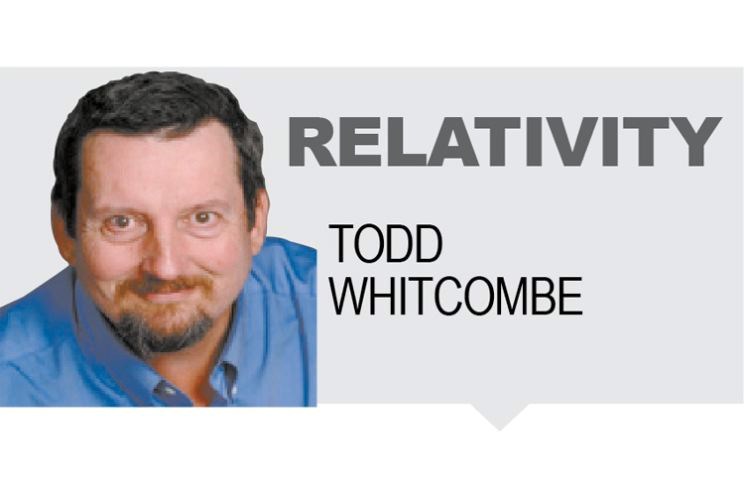Recently I had an interesting conversation. I noticed a woman adding honey to her tea. I am always curious about people’s motivation for using honey instead of table sugar, so I asked her.
She said she didn’t want to eat sugar. I pointed out honey is sugar, so she said she only ate natural sugars. Whereupon I pointed out there aren’t any “un-natural” sugars and pretty much everything we eat has sugar.
She responded “Well, I have done a lot of research on sugar, so I use honey.”
It was a short conversation – just a matter of interest for me and probably annoying for her so I do apologize. I am not going to get into the details of sugar production. Suffice it to say both honey and table sugar are refined. It’s just one of them takes place in the stomach of a bee and the other a factory.
What really caught my attention in our conversation was the statement “I have done a lot of research.” I am fairly certain she and I have a different understanding of research. The definition of research is: “the systematic investigation into and study of materials and sources in order to establish facts and reach new conclusions,” according to Google. The OED makes the distinction research is about “critical study.”
Academic research is, for the most part, about critical study.
It involves dozens of sources of information and sometimes years of effort. It isn’t about reading an on-line website nor talking to friends nor participating in a Facebook chat group. Research is about looking in depth and discovering the facts for yourself, which is difficult work and sometimes life consuming. Indeed, for many of my colleagues, research is how we define ourselves.
But as one of my profs used to say: “if you can’t argue both sides of an issue, you don’t understand the issue.”
This is where things can get complicated. When it comes to societal issues – be it climate change, fluoridation, old growth forests, chemicals in our foods, or even sugar – in order to fully understand the issue, there is a lot of time and energy involved. Years of study and work.
Instead of doing the research, most people rely on blogs and postings and discussion groups and Google searches and Wikipedia and all of the modern sources, which provide information but generally don’t provide understanding. We gain superficial knowledge at the expense of real understanding. And given we are living in a “post-truth age,” we often can’t even be sure of the facts.
Which brings us to history.
History was once considered a “scientific discipline.” After all, the data was accessible and the facts incontrovertible. But history is written from one person’s perspective. My view of any situation carries my inherent biases as does anyone else’s. Two people can look at a single incident and take away quite different interpretations. Lawyers have been making money off of these differences since time began.
At its heart, history is supposed to be a true and accurate record of events, especially public events. The discipline of history is supposed to provide a systematic or critical analysis of events as we understand them. However, given everybody sees history from their own perspective, historical research is extremely hard to do because the facts are never incontrovertible.
We have been watching this play out in the media over the past year. Some of the things we all “knew” are turning out to be wrong or, at least, a distortion of what happened. We can even see this in real-time where some American politicians have chosen to describe the attack on the U.S. Capitol as a peaceful visit by some tourists. Really? Were we watching the same video?
Closer to home is the horrible history that has been revealed in Kamloops. I don’t know how to process this information other than with sadness and concern. I want to say, as Neil Godbout did in a column last week, “I am sorry,” but that is not enough. My heart goes out to all of the families affected by residential school system. None of us can change history but we can do the research and gain understanding. And we can be damn sure to learn from history so that nothing like the residential school system ever happens again.
And that brings us to two more words: truth and reconciliation.
Truth is about the facts. Incontrovertible and undeniable facts, such as bodies in unmarked graves. Reconciliation is about finding a way to make our relationship with the victims and their relatives whole. Both are going to require a lot of research on the part of each and every one of us before we will be able to come to an understanding but it is work we must do.



